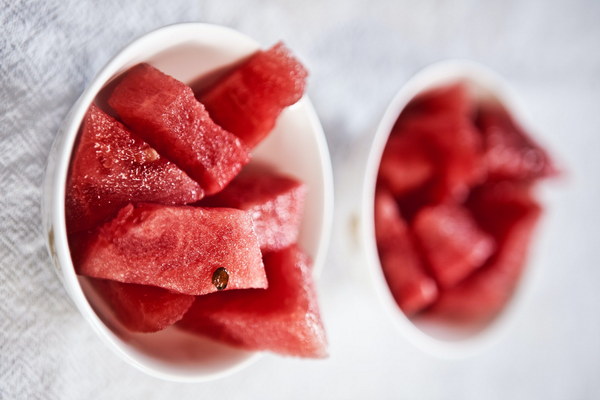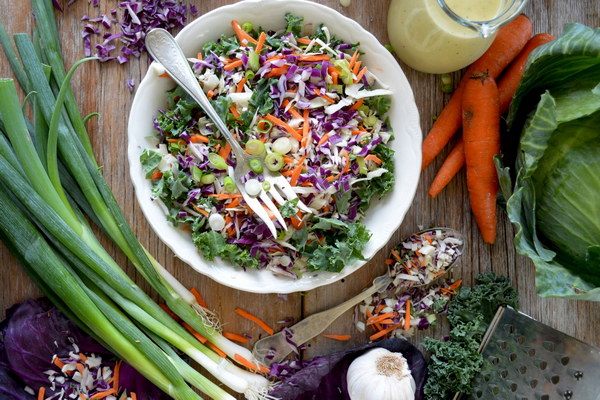Discover the Health Benefits of Western Cuisine A Guide to Wholesome Dining
In today's fast-paced world, maintaining a healthy lifestyle is more important than ever. While traditional diets like Mediterranean and Asian have gained popularity, the Western cuisine is also emerging as a healthy eating option. Western cuisine, with its diverse range of flavors and ingredients, offers numerous health benefits that can contribute to a balanced diet. Let's explore the health benefits of Western cuisine and how you can incorporate it into your everyday meals.
1. Rich in Fruits and Vegetables
A healthy Western cuisine is characterized by its emphasis on fresh fruits and vegetables. These nutrient-rich foods are packed with vitamins, minerals, and antioxidants, which help to boost your immune system, reduce the risk of chronic diseases, and maintain healthy skin. Incorporate a variety of colorful produce into your meals, such as leafy greens, cruciferous vegetables, and berries, to maximize the health benefits.
2. Healthy Fats
Contrary to popular belief, not all fats are bad. Western cuisine includes healthy fats such as olive oil, avocado, and nuts. These fats are essential for the absorption of fat-soluble vitamins and have been shown to lower the risk of heart disease, improve brain function, and reduce inflammation. Aim to use these healthy fats in moderation and as part of a balanced diet.
3. Whole Grains
Whole grains are a staple in Western cuisine and provide a wealth of health benefits. They are rich in fiber, which aids in digestion, helps to maintain a healthy weight, and can lower the risk of heart disease and diabetes. Incorporate whole grains like quinoa, brown rice, and whole-grain bread into your meals to reap these benefits.
4. Lean Proteins
Protein is essential for muscle repair, immune function, and overall health. Western cuisine offers a variety of lean protein sources, including poultry, fish, lean beef, and plant-based options like lentils and chickpeas. Opt for lean cuts of meat and choose fish high in omega-3 fatty acids, such as salmon, to maximize the health benefits of protein.
5. Herbs and Spices
Herbs and spices are not only flavorful but also packed with health benefits. They can help to reduce inflammation, improve digestion, and boost your immune system. Incorporate fresh or dried herbs and spices like garlic, turmeric, and cumin into your meals for a flavorful and healthy boost.
6. Moderation and Balance
While Western cuisine offers numerous health benefits, it's essential to approach it with moderation and balance. Overindulging in high-calorie, high-fat, and processed foods can negate the benefits of a healthy diet. Focus on preparing home-cooked meals using fresh, whole ingredients, and limit your intake of sugary drinks, processed foods, and high-fat snacks.
Here's a sample recipe that embodies the health benefits of Western cuisine:
Recipe: Mediterranean Quinoa Salad
Ingredients:
- 1 cup quinoa
- 2 cups vegetable broth
- 1 cucumber, diced
- 1 red bell pepper, diced
- 1/2 red onion, thinly sliced
- 1/2 cup cherry tomatoes, halved
- 1/4 cup olives
- 1/4 cup feta cheese, crumbled
- 1/4 cup fresh parsley, chopped
- 1/4 cup fresh mint, chopped
- 2 tablespoons extra-virgin olive oil
- 1 tablespoon lemon juice
- Salt and pepper to taste
Instructions:
1. Rinse the quinoa under cold water and cook it according to package instructions using the vegetable broth.
2. In a large bowl, combine the cooked quinoa, cucumber, red bell pepper, red onion, cherry tomatoes, olives, feta cheese, parsley, and mint.
3. In a small bowl, whisk together the olive oil, lemon juice, salt, and pepper.
4. Pour the dressing over the salad and toss to combine.

5. Serve chilled or at room temperature.
By incorporating the health benefits of Western cuisine into your diet, you can enjoy delicious and nutritious meals that contribute to a balanced and healthy lifestyle. Remember to focus on fresh, whole ingredients, and aim for moderation and balance in your meals.









